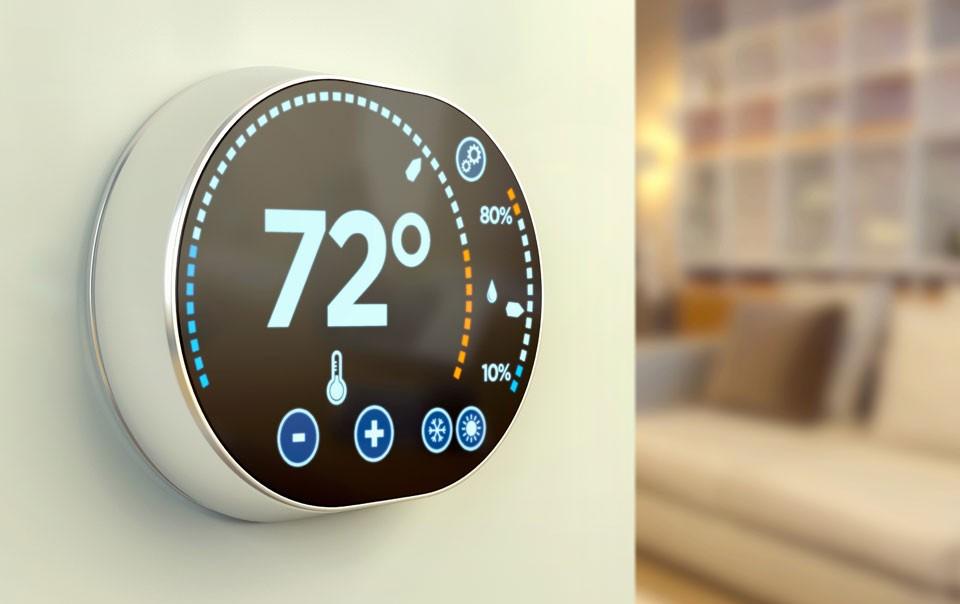








One of the main advantages of smart thermostats is their internet connectivity, which allows you to control them remotely. Whether you’re at home or away, you can easily change the temperature, modify settings, and monitor your energy usage, offering you convenience and flexibility.
Many smart thermostats even integrate with popular virtual voice assistants such as Amazon Alexa or Google Assistant, enabling voice commands for adjusting the temperature and other functions.
Additionally, smart thermostats often provide energy usage reports and insights, enabling you to keep track of and analyze your energy consumption patterns. This valuable information empowers you to make informed decisions about energy-saving practices, potentially leading to a reduction in your utility bills.

The global Smart Home Thermostats market was valued at US$ 1656.3 million in 2022 and is projected to reach US$ 3653 million by 2029, at a CAGR of 12.0% during the forecast period. The influence of COVID-19 and the Russia-Ukraine War were considered while estimating market sizes. CAGR of

WiFi Technology
ZigBee Technology
Z-Wave Thermostats
Bluetooth Thermostats











